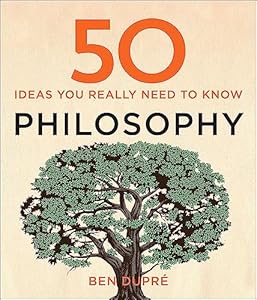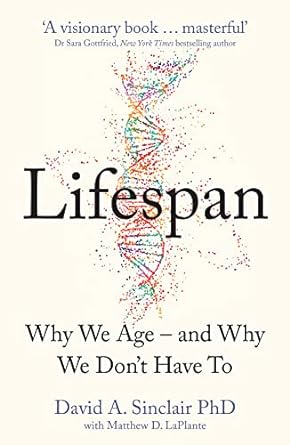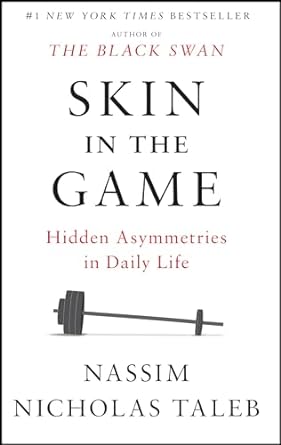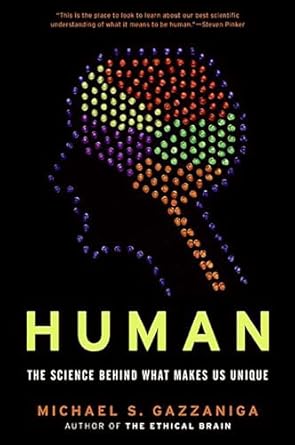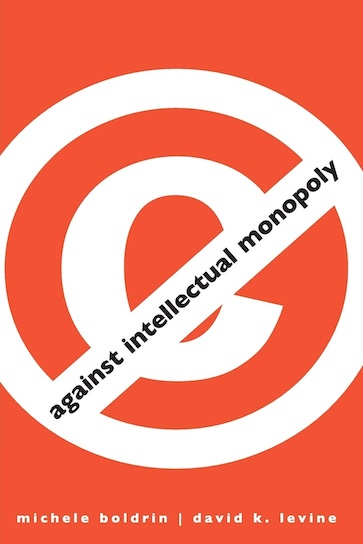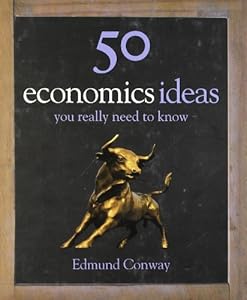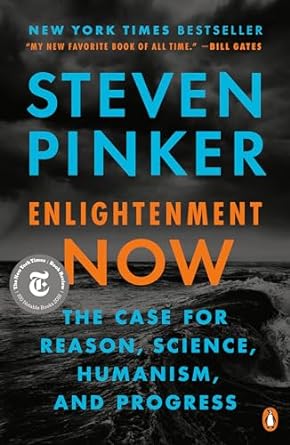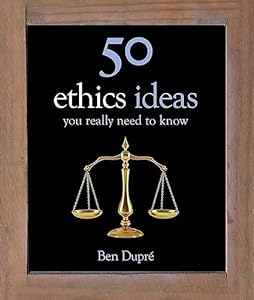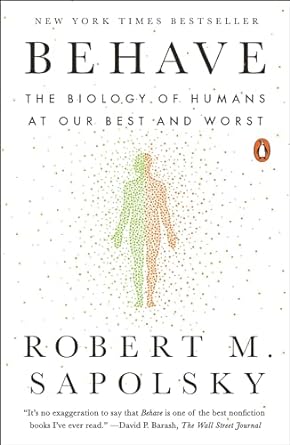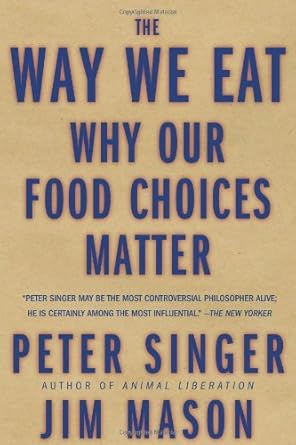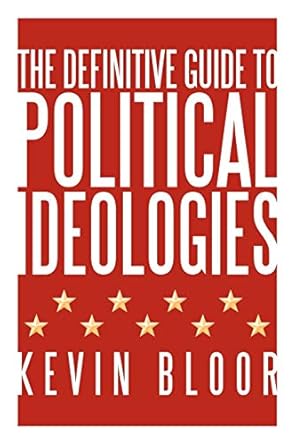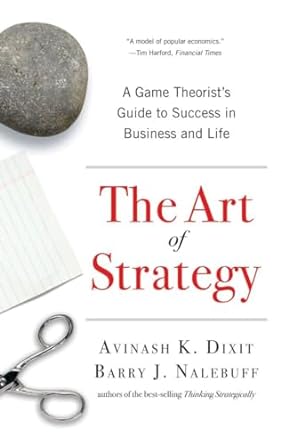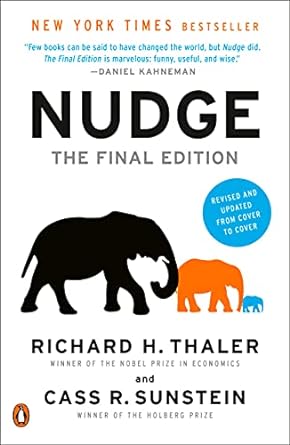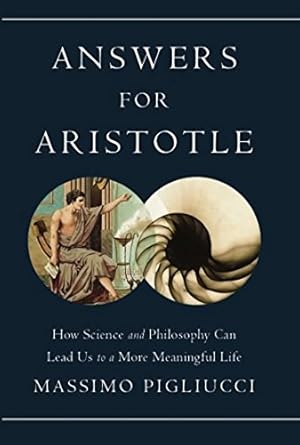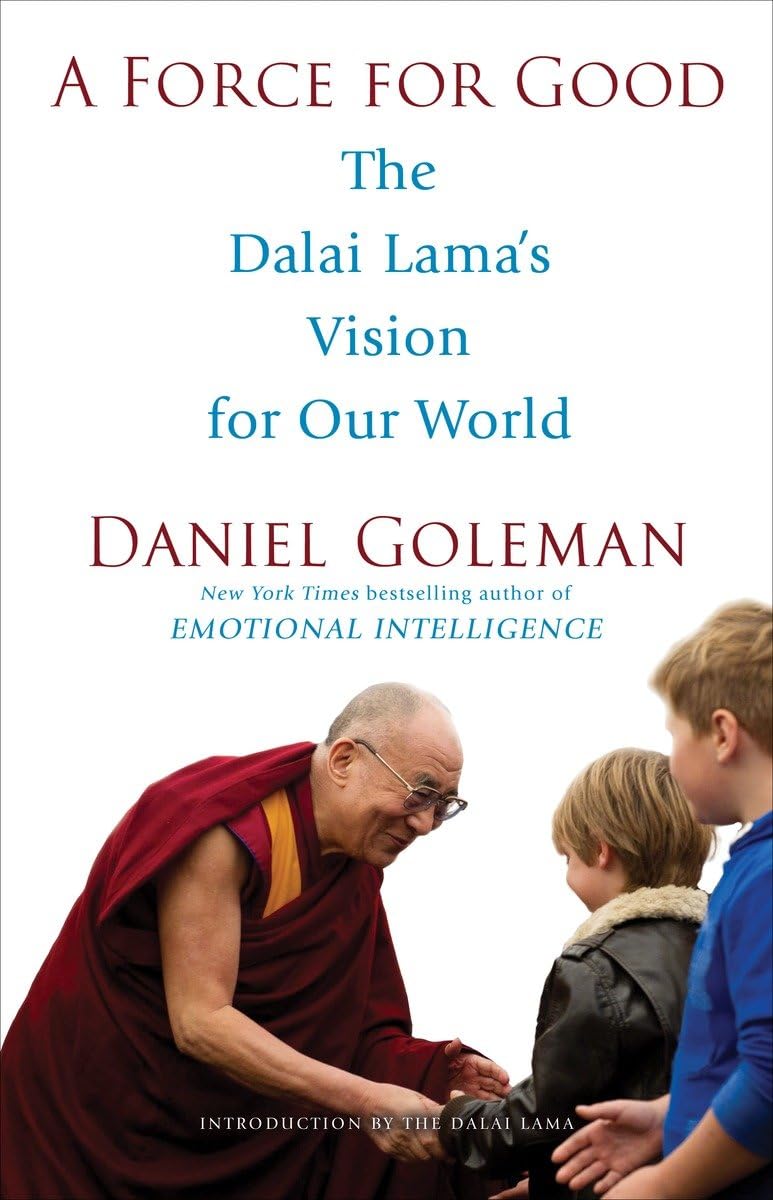Tragedy of the Commons
A term used to describe the process whereby limited resources, regarded as common property or public goods under common ownership, leads to exploitation and the degradation of the common good.
Key Insights & Principles
Sustainability
Insights:- Humans are poor at taking individual actions for the common good.
- Competitive self interest can be destructive.
- When self-interest aligns with common good, positive societal change is possible.
- Communally owned and managed properties that are effectively regulated are more optimal than open-access free-for-alls.
- Property rights can prevent overuse of resources.
- Intellectual property, or information, is not diminished through 'overconsumption' and cannot be overused, and therefore not subject to tragedy of the commons. The use of ideas does not make anyone else less able to use them.
- Safeguarding common resources requires collective action, but as the number of individuals grows, the incentive to free-ride becomes higher.
- Smaller groups can be effective in managing common groups - as free riding becomes more visible.

